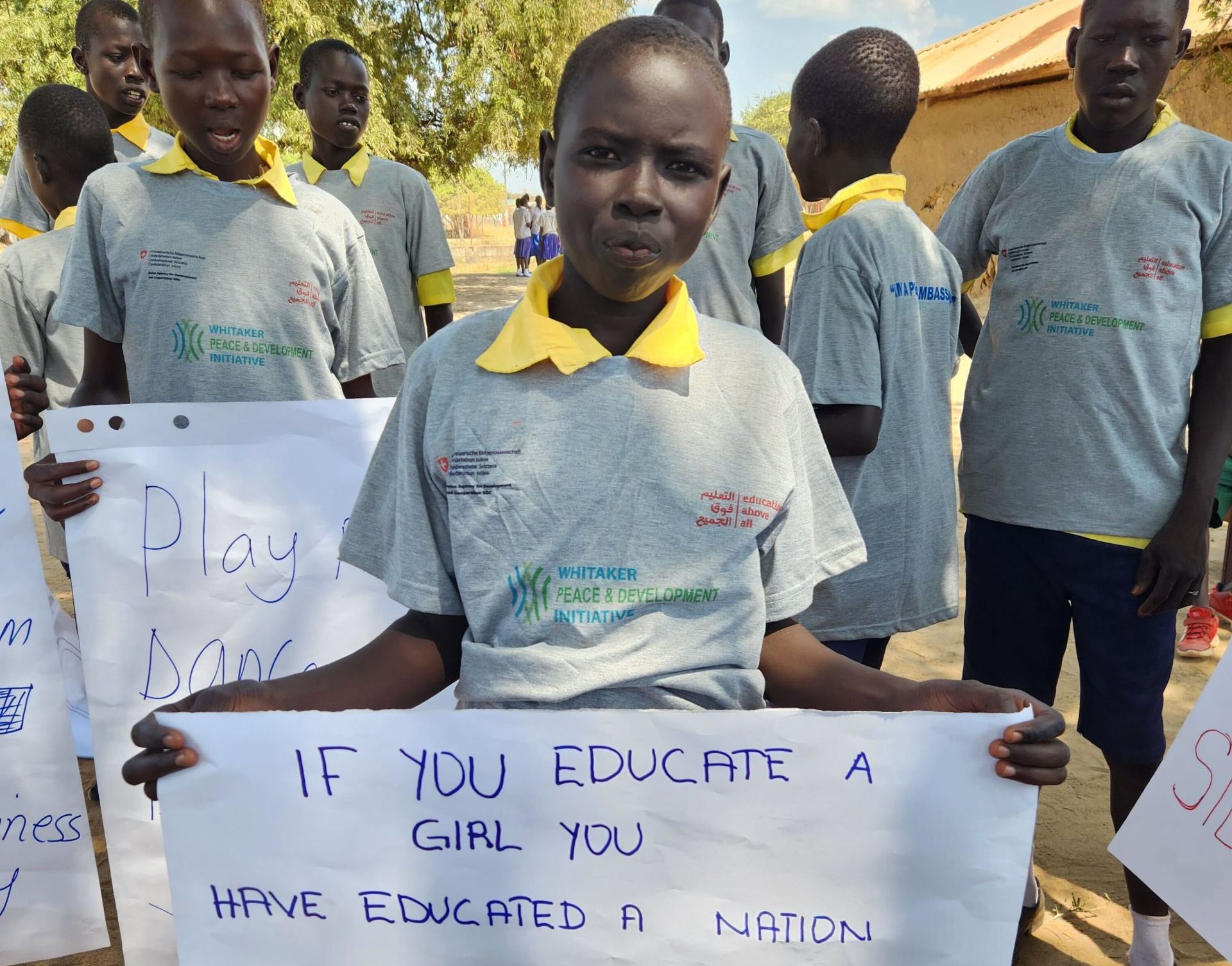Blog

November 25, 2024 – Today, as we observe International Day for the Elimination of Violence Against Women, we are reminded of the ambivalence of our times. On one hand, we live in an era where the recognition of women’s rights as human rights is historically unprecedented. A century ago, women had the right to vote in fewer than thirty countries or territories. Today, women can vote in every country around the world, with Saudi women gaining this right in 2015. Progress on the road of formal rights has been undeniable. However, the reality on the ground hasn’t kept pace with such legal advancements. Voting rights are fundamental, but they are not enough. In too many places, the full enjoyment of women’s human rights remains an elusive hope, even at the most basic level of personal safety. Women continue to be disproportionately exposed to violence, both in general and in gender-specific forms.
Consider this: today, one in three women—approximately 736 million individuals—have experienced physical and/or sexual intimate partner violence, non-partner sexual violence, or both, at least once in their lives (source: UN). This pervasive issue can occur in a variety of situations but is especially prevalent in communities where socio-economic conditions foster social instability and poverty, compounded by high levels of insecurity. In addition, the fact remains that, in too many places, rich and poor, die-hard cultural norms and traditions reinforce the overt and covert disempowerment of women and their overexposure to many forms of social injustices that make it even harder for them to avoid or contest the violence that they suffer, mostly at the hands of men.
For more than 12 years, WPDI has been active in places where violence is already pervasive, and gender-based violence (GBV) is even more pervasive. Our experience has highlighted the vulnerability of women and girls in these areas. They are often at risk of sexual assault and physical violence. For instance, in refugee camps, where the institutional structures meant to protect migrants are often fragile and lack robust safeguarding, such issues are even more prevalent. In these communities, women and girls are the first victims of social instability: there, unequal social norms are rampant, and gender stereotypes are deeply ingrained in the social fabric. In turn, the very weight and inescapability of these norms even shapes the attitudes of women and girls, as many of them adjust their expectations to the point of viewing such violence as a normal fact of life.
Emancipation, empowerment, economic independence, and leadership can often seem out of reach for young women with real aspirations for sustainable change. For too long, they have been denied opportunities to access quality education, silenced by the fear of social stigma and the apparent impunity of those who would do them harm. This issue is often a silent one, hidden but rampant, slowly bubbling under the surface of communities in need of robust preventative measures.
Addressing gender-based violence requires comprehensive and proactive measures, particularly through substantial investment in prevention efforts. This is, unfortunately, an area where the world is still lagging. For instance, a 2020 UN Women report highlighted that only 48% of countries have laws specifically addressing domestic violence. To create lasting change, there is a critical need for increased investment in women’s organizations, strengthened legislation, effective prosecution of perpetrators, expanded support services for survivors, and enhanced training for law enforcement officials.
WPDI has taken a proactive stance in addressing gender-based violence across the diverse communities where we operate, from Uganda to Mexico, from South Sudan to South Africa. “We firmly believe that creating safe, inclusive communities where women and girls can thrive without fear begins with education, community engagement, and unwavering support for local initiatives that address the root causes of violence,” explains Caroline Descombris, our Executive Director.
Our efforts are therefore focused on engaging youth of all genders in community education programs that tackle the root causes at the grassroots level. This preventative approach is designed to challenge those pervasive social and cultural norms that have for so long left women and girls unable to escape from a cycle of societal devaluation and subjugation to prevailing gender traditions. By educating young people—both female and male—about gender equality and respect, we aim to foster a new generation that values and upholds the rights of all individuals. Education is key to prepare them for the challenges they may face, including the risk of backlash. As Simone de Beauvoir once said, “Never forget that a political, economic or religious crisis will be enough to cast doubt on women’s rights. These rights are never vested; you must remain vigilant your whole life.” We must always be vigilant.
Through community mobilization and advocacy for women’s rights, WPDI therefore aims to raise awareness, including by introducing educational initiatives within schools. Additionally, we aim to promote gender equality through dialogue sessions, sports programs, scholarships, business projects, and peacebuilding initiatives, supported by an array of partners equally committed to social justice and empowerment for women. For example, our scholarship programs have enabled over 500 young women to pursue higher education, breaking the cycle of poverty and dependence. These efforts contribute not only to the economic empowerment of women but also to fostering stability within families and communities, which means that they eventually benefit everybody, men included.
Ending gender-based violence worldwide requires passing good laws, but it also requires shaping practices and expectations, which can happen only through sustained work and a commitment to addressing root causes through preventive, educational initiatives. Achieving lasting solutions demands time, funding, collaboration, and dedication, yet the successes we’ve witnessed on the ground strengthen our belief that, with effective local strategies, meaningful change is within reach. Progress can feel slow, but, at WPDI, we do believe that the future holds more promise than we often realize, and every step forward takes us closer to a society that is better than yesterday.